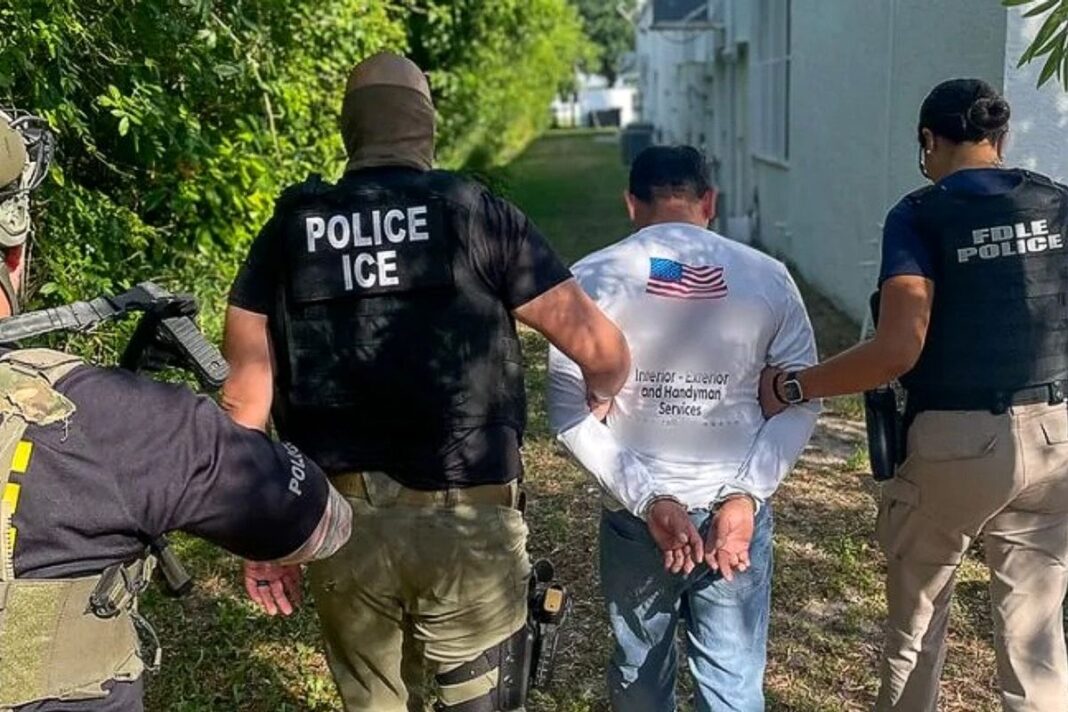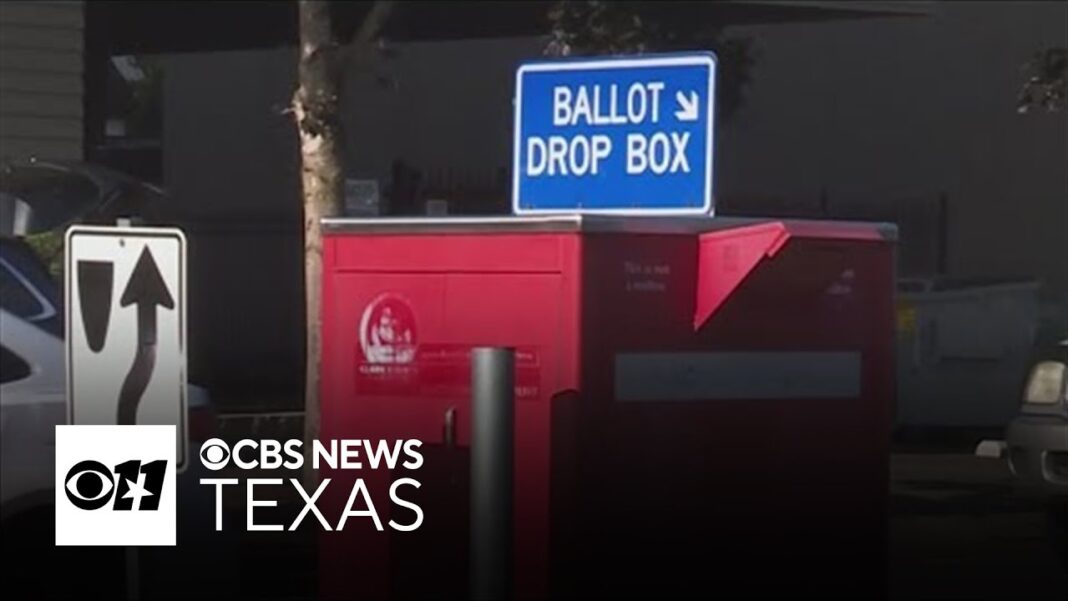The settlement resolves a class-action suit alleging deceptive home arrest tactics, such as agents posing as probation officers or fabricating safety threats.
Federal immigration officers in Southern California are now barred from posing as local police or using other deceptive tactics to conduct home arrests, under a court settlement approved this week in a class-action lawsuit challenging U.S. Immigration and Customs Enforcement’s (ICE’s) practices.
U.S. District Judge Otis Wright on Aug. 4 granted final approval of a settlement agreement in a case filed in 2020 by a Deferred Action for Childhood Arrivals (DACA) status recipient and two advocacy groups—the Coalition for Humane Immigrant Rights (CHIRLA) and the Inland Coalition for Immigrant Justice (ICIJ).
“The Court having carefully considered the papers, approves and signs the order for final approval,” reads an Aug. 4 docket entry.
The plaintiffs alleged that ICE routinely misrepresented itself as local police, probation officers, or other authorities to gain entry to homes or lure residents outside for arrest. The lawsuit alleged systemic violations of constitutional protections against unlawful searches and seizures during warrantless home arrests.
“ICE’s practices violate the Fourth Amendment rights of both noncitizen and citizen residents of the home, as well as ICE’s own rules and regulations,” the original complaint states. “The Fourth Amendment does not permit ICE officers to coerce ‘consent’ to enter the home by impersonating another government official and misrepresenting their purpose in seeking entry.”
In 2023, the judge certified two plaintiff classes—the “Ruse Class” addressed in the settlement and a separate “Knock and Talk Class,” which was decided in June 2025 when the court ruled that ICE could not enter the private area around a home, known as the curtilage, without a judicial warrant or consent to carry out a warrantless arrest.
The Aug. 4 “Ruse Class” settlement applies to ICE’s Los Angeles Field Office, which oversees immigration enforcement in seven counties: Los Angeles, Orange, San Bernardino, Riverside, Ventura, Santa Barbara, and San Luis Obispo. It does not extend nationwide but could influence similar litigation or policy elsewhere.
Under the settlement, ICE officers assigned to the Los Angeles Field Office are required to accurately identify themselves when carrying out home arrests. The settlement forbids agents from presenting themselves as local police, probation officers, or other non‑federal authorities.
By Tom Ozimek








